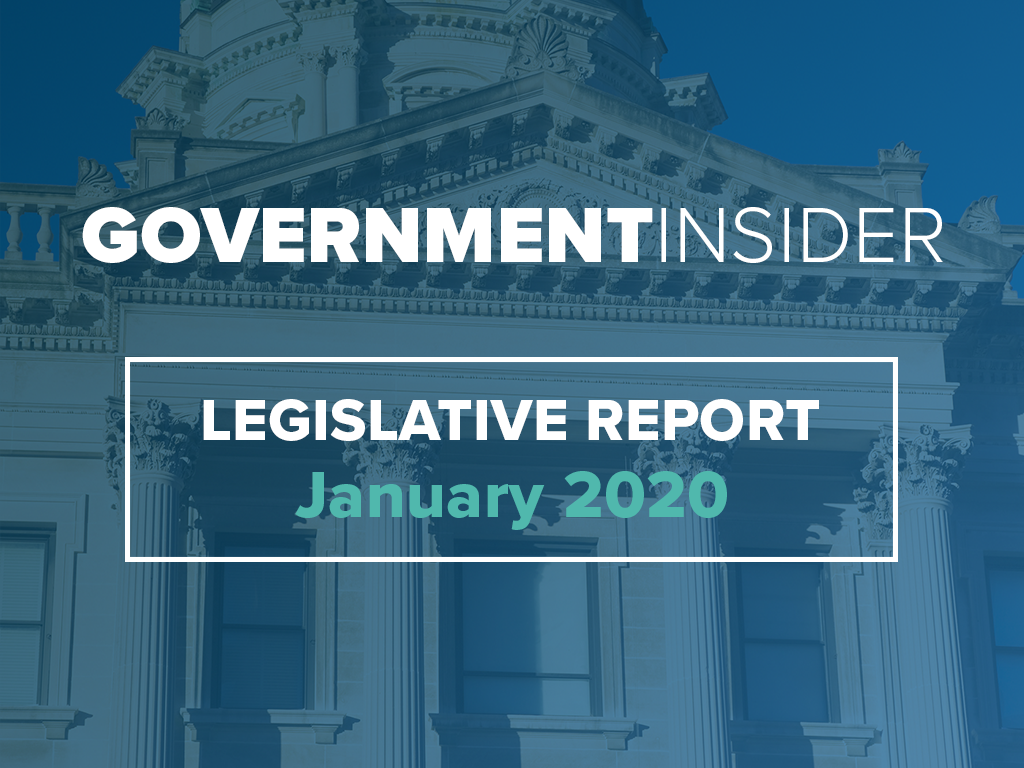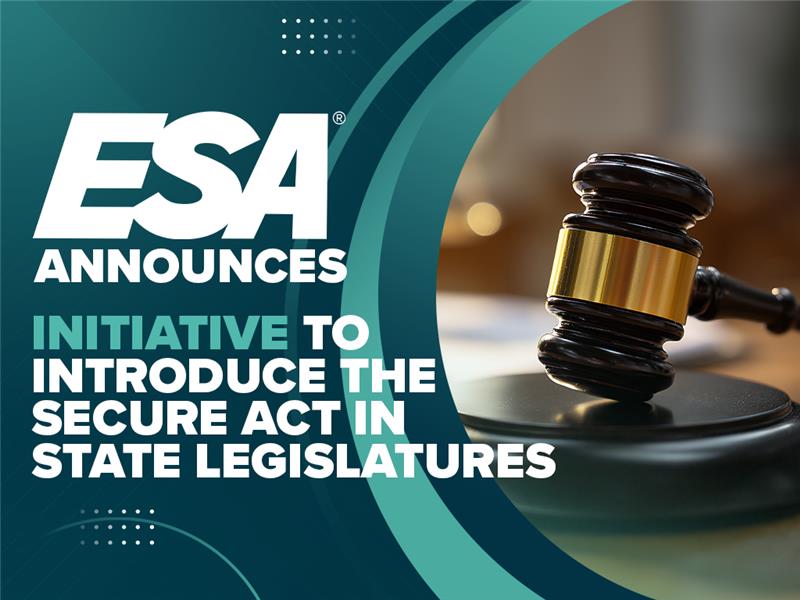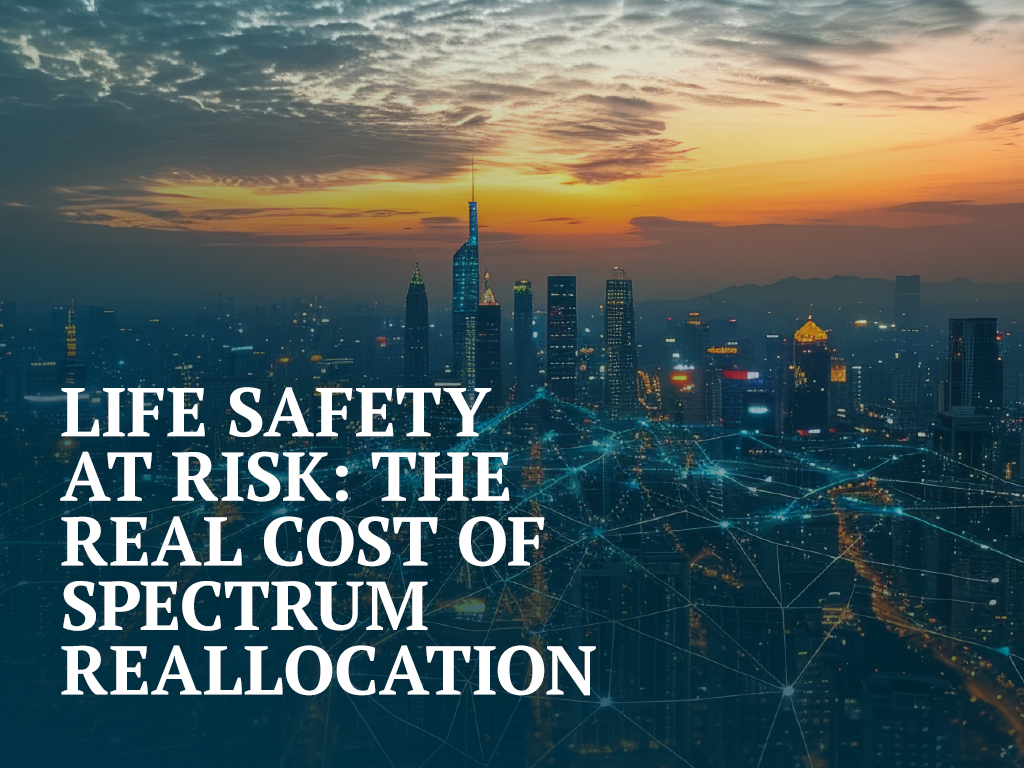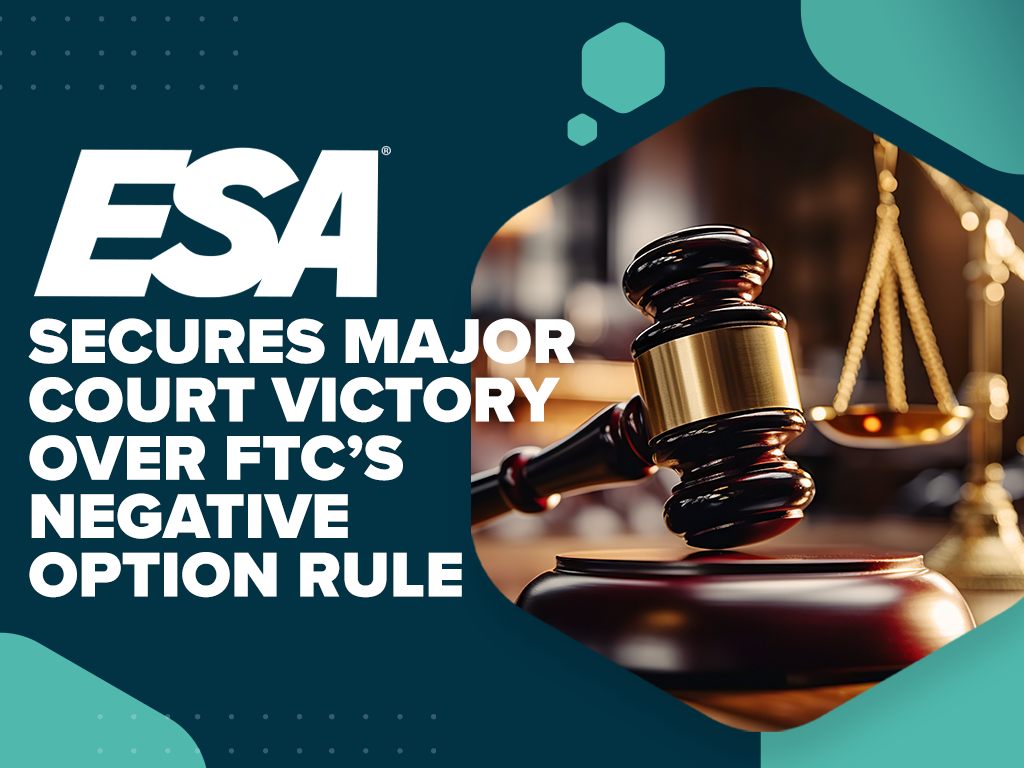Legislative Report – January 2020

Federal Legislative Summary
If there is any example of how preoccupied Congress has been, it would be the number of bills that were introduced or moved in January 2020. Only three (3) pieces of legislation were tagged for monitoring.
H.R. 5712 was introduced on January 29, 2020 and is titled the “Nationwide Right to Unionize Act.” This bill would repeal a provision in the National Labor Relations Act that allows states to enact “right to work” laws that prohibit mandatory membership in a labor union as a condition of employment. We do not expect this bill to travel far even if it makes it out of the House, but we will keep it on the radar.
H.R. 1076 is a federal “ban the box” bill that would require federal agencies and contractors to abide by the requirements included in the bill, which prohibit inquiring about an applicant’s criminal history until a conditional offer of employment is made. This bill does have some bi-partisan support.
S. 2779, titled the “Luke and Alex School Safety Act of 2019” would create a clearinghouse on best practices for school security and safety collected by local and state school agencies. This bill was originally filed in November, was reported favorably out of committee the next day and on January 6, 2020 it was placed on the Senate Legislative Calendar.
Download the Member-Only January 2020 Federal Legislative Report
State Legislative Summary
January is the beginning of many state legislatures and it is also during this time we see the trends on issues that are most prevalent among states. This report contains 260 bills covering 17 issue areas. The most impactful bills could disturb the bottom line of many electronic security and life safety companies. Some states are moving legislation very quickly, so look at the bills in your state and Be Heard!
There is a clear effort by labor unions to expand their influence with attempts to repeal “right to work” statutes or allow public bodies to require contractors to enter into project labor agreements with labor unions. Virginia HB 358 is not included in this report because its latest action occurred after the end of the month, but it is an example of contractors being forced into project labor agreements with labor unions. This bill is moving quickly and has already passed the Virginia House.
But, there were also bills that are pushing away from union control, such as Colorado HB 20-1169, which would insert “right to work” protections by prohibiting employers from requiring union membership or payment of union dues as a condition of employment. Another bill in Indiana (HB 1074) would prohibit public agencies from requiring or prohibiting contractors to enter into any agreement with labor unions.
The most prevalent issue area in January was “employer liability.” While most bills were concerned with paid family leave insurance, Washington SB 6516 stands out for its potential impact on all businesses with nonexempt employees. This bill would reduce the regular workweek from 40 hours to 32 hours. In effect, all nonexempt employees would be limited to 32 hours each week, or the business will have to pay overtime for all hours that exceed that limit. We see this as a potentially damaging bill for businesses, employees and consumers. Employers will have to either cut back on full-time employee hours and hire more part-time employees or pay overtime for hours worked in excess of 32 hours in a week. This will result in either lost revenue or an increase in the cost of goods and services provided by impacted employers and passed on to consumers. ESA has launched an advocacy campaign on this bill and is encouraging members in Washington to express their opposition to this legislation.
Another issue area we saw trending higher last month over previous years addresses facial recognition technology. After the recent study by the National Institute of Standards and Technology (NIST) on demographic effects among facial recognition vendors was released, several state legislators began taking isolated quotes and information to disparage the technology and ban its use. The industry is responding by providing unbiased information that put variations among facial recognition vendor results into the proper context. It is important this technology be supported and that will include educating policy makers at the state and federal level on the highly accurate results from most vendors of this technology.
Download the Member-Only January 2020 State Legislative Report




